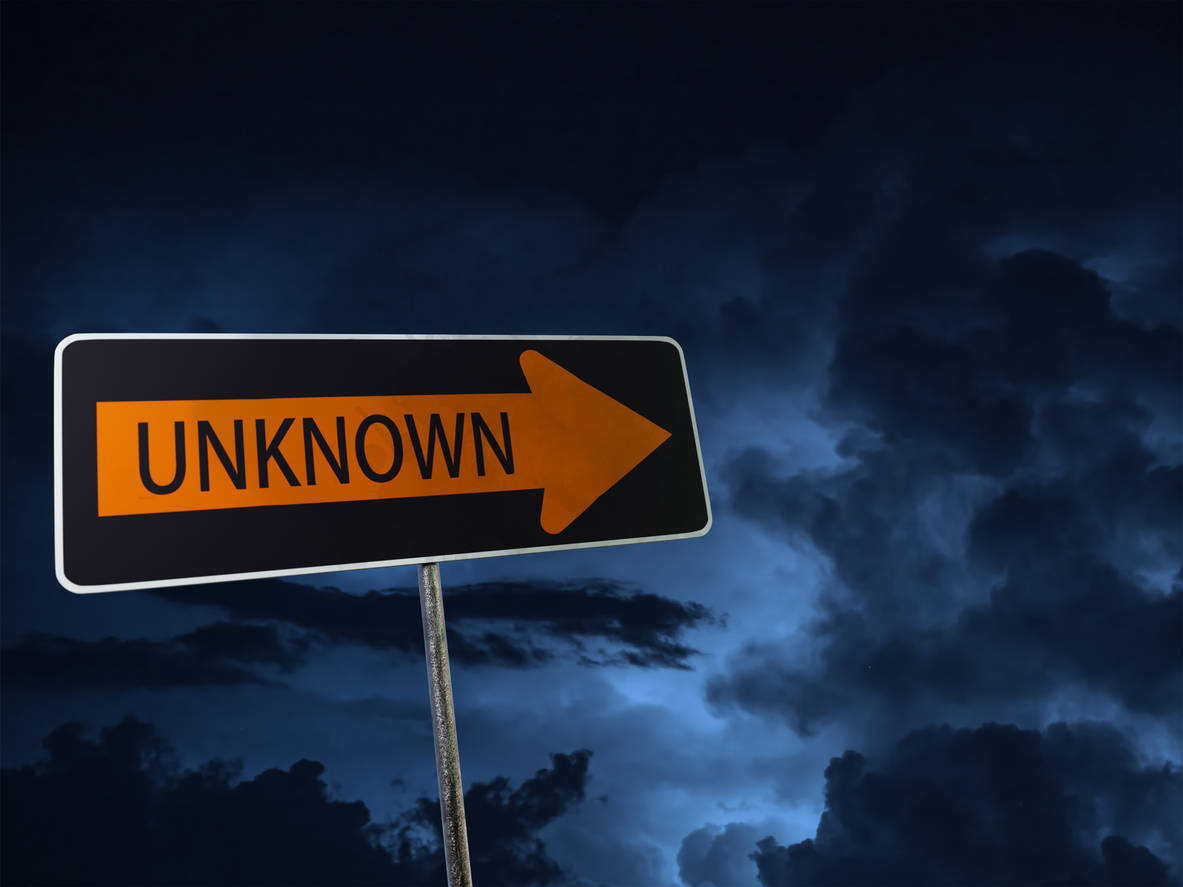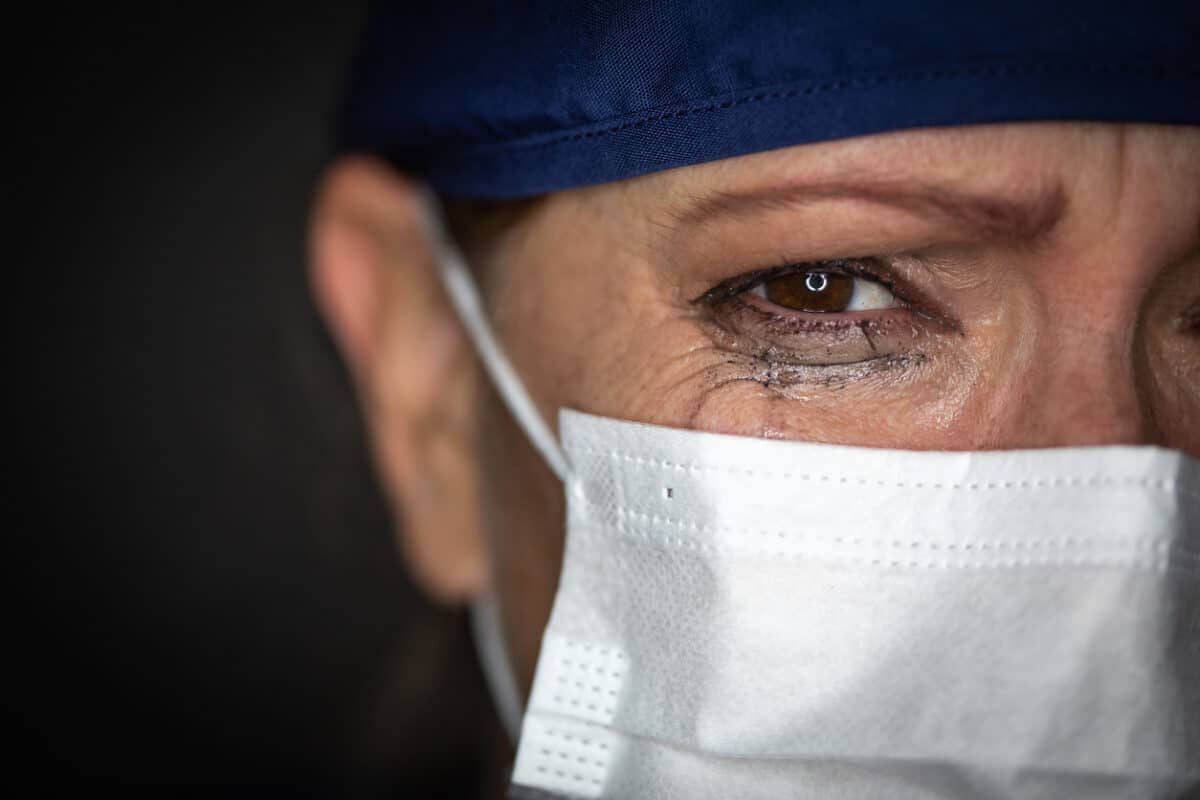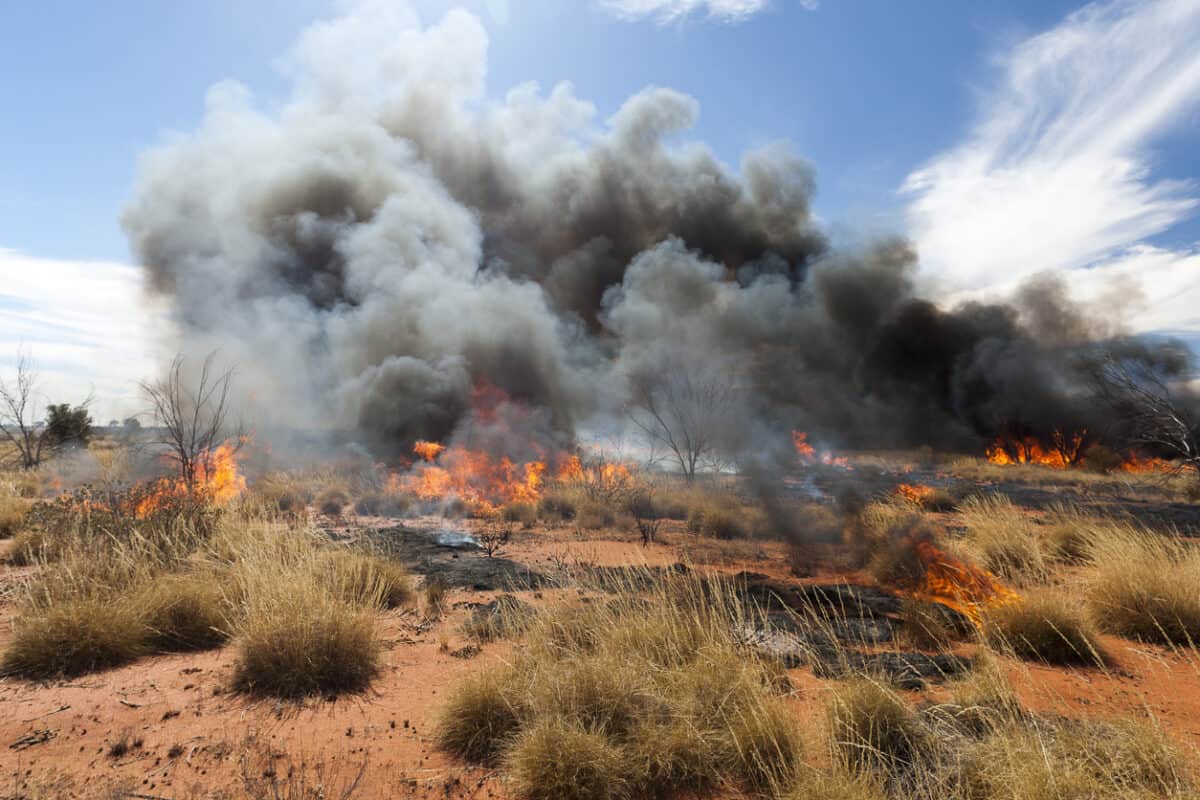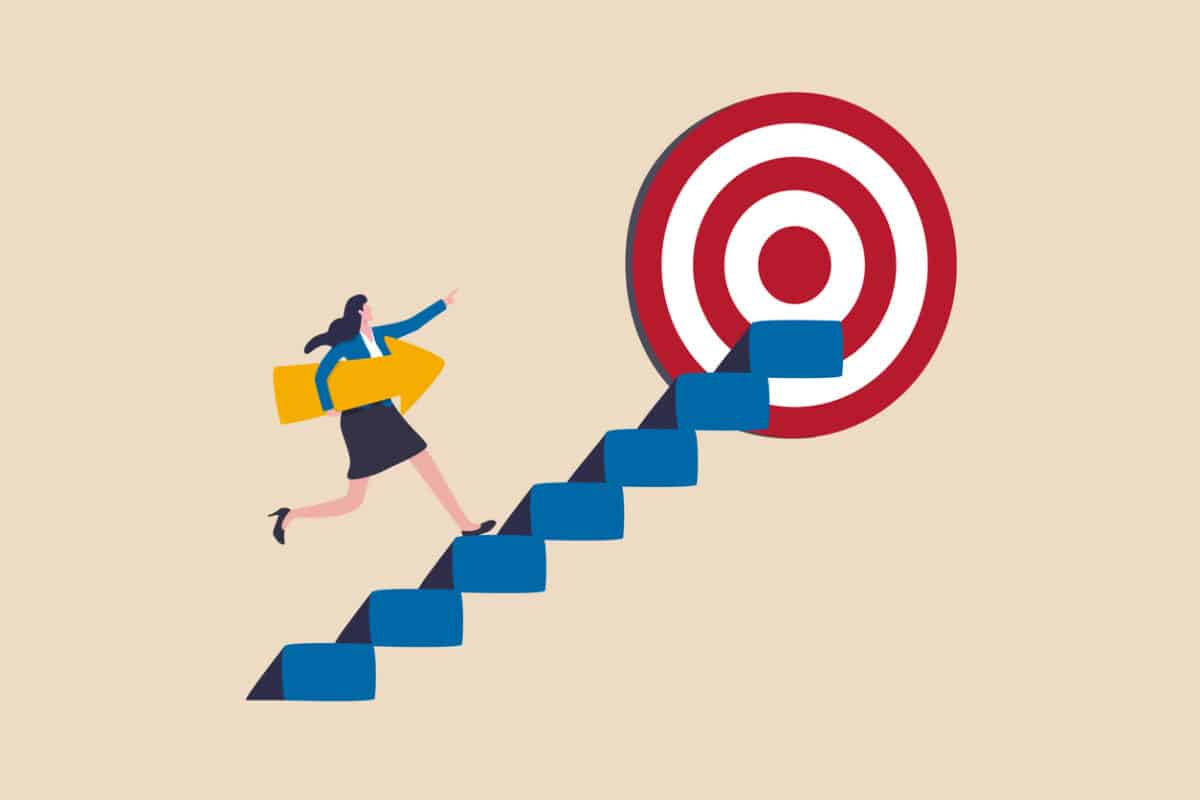Marie Boland‘s work and reviews have been prominent features in Australia’s occupational health and safety (OHS) for over a decade. Last year, she took on the CEO role at Safe Work Australia, the country’s principal workplace health and safety policy body. Recently Boland spoke to the Australian Institute of Health and Safety (AIHS).
The interview/article starts with the unavoidable moral argument for the importance of workers’ lives in Australia and the social ripple effect of deaths and serious injuries. Inevitably, economic cost is mentioned:
“Our research shows that, in the absence of work-related injuries and illnesses, Australia’s economy would be $28.6 billion larger each year, and Australians would be able to access more jobs with better pay,”
page 27, OHS Professional, March 2024
Economics is always mentioned in articles about the importance of workplace health and safety but, really, who cares?







